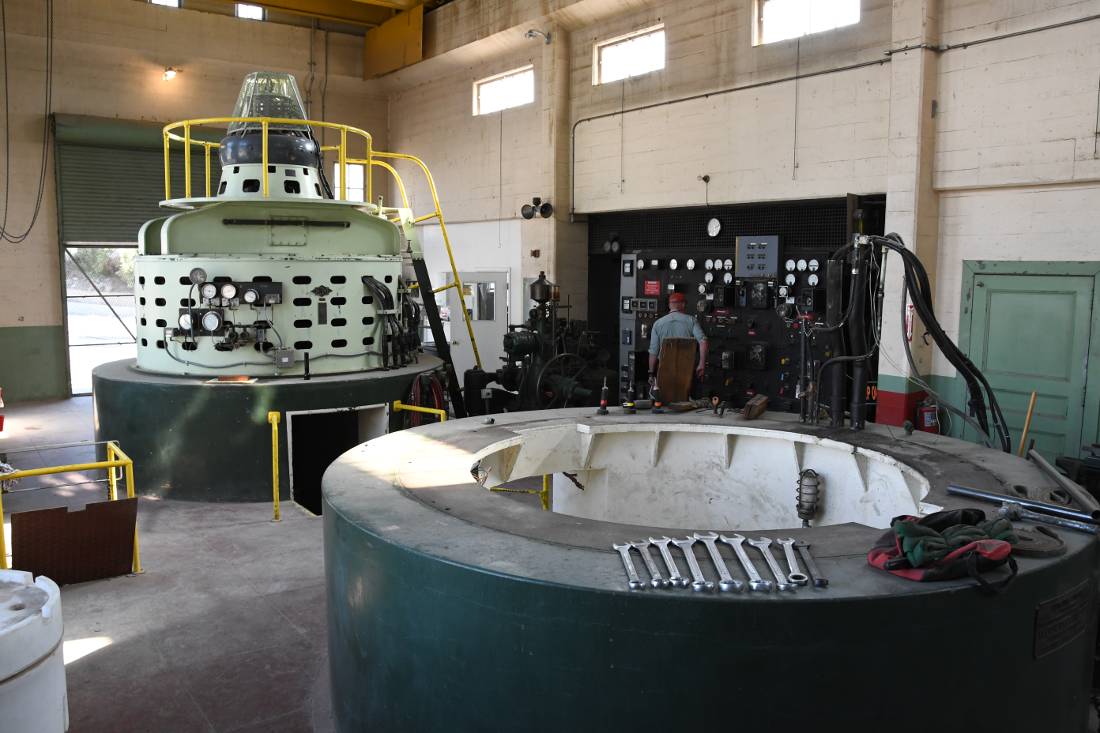Municipal & Industrial
Home >> Municipal & Industrial
Secure & Protect Safe Drinking Water
The Colorado Basin Roundtable prioritizes ensuring ongoing access to safe drinking water, as well as promoting water conservation and water-conscious land-use practices. These themes from the Roundtable’s Basin Implementation Plan, which was developed in 2015 as part of the process of developing Colorado’s Water Plan, are explained below.
The Roundtable indicated in its Basin Implementation Plan that it is imperative to secure the needs of the growing domestic water demands by developing in-basin supplies, expanding current raw water storage supplies and developing new small scale multi use storage. The reservoir planning and construction process is costly, time intensive, complex and often met with local opposition. Despite these challenges the Basin recognizes that smaller reservoirs (several thousand acre-feet) above physical intakes (not just augmentation) can provide multiple benefits for drinking water, agriculture, environmental and recreational interests. In contrast during the public outreach process it became clear that new large scale storage projects have little or no support in the Basin.

Encourage a High Level of Basinwide Conservation
In order to meet the Basin and state goals, concerted conservation efforts have to be made. Although many stakeholders within the Basin have begun to embrace the importance of conservation, more conservation, efficiency and reuse efforts are needed. The stakeholders within the Basin continue to develop and implement municipal conservation plans that support stronger, and in some instances, more aggressive best management practices (BMPs) such as tiered water rates, leak detection programs, water conscious land use practices, and restrictions on outdoor irrigation. Agriculture, as the major water user within the Basin, has opportunities to participate in both conservation and efficiency such as ditch lining programs, headgate improvements, conversion to more efficient irrigation practice and exploring alternative cropping. All of these are currently being implemented to varying degrees throughout the Basin.
Develop Local Water Conscious Land Use Strategies
The connection between land use and water supply must be made. Land use authorities must be willing to take on water management as an issue when planning for the future. The stakeholders of the Colorado River Basin respect the State’s effort to govern water planning for the benefit of all residents; however, there is a strong recognition of the vast diversity in the needs and desires of all regional management entities and the value of local control. Moving forward the planning horizon for land use and water supply should extend beyond 2050, working towards meeting our goal to protect and restore our environmental, agricultural and recreational settings through the use of high conservation and water efficiency practices. The State is also uncertain of the risks associated with a multi-year drought. It is critical that utilities, policy-makers, planners, officials and residents accept that we live in a high altitude arid region and be ready to change the way we use and allocate our water resources to appropriately live within the means of our climate.

